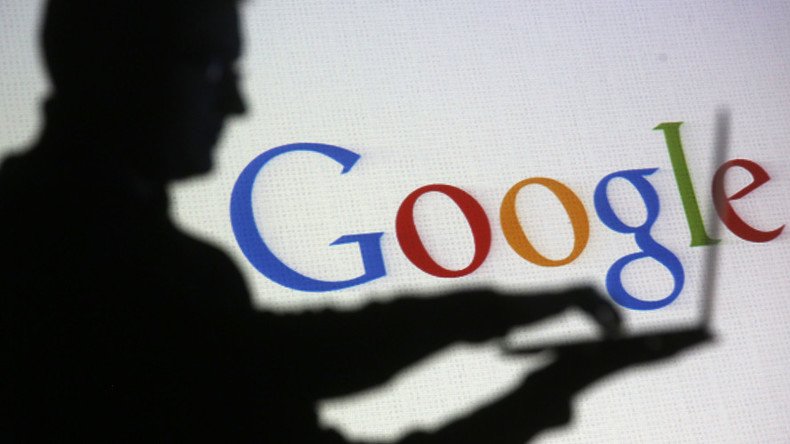New rules on how American companies handle the private data of European citizens would allow the EU to suspend the transfer of information in cases of doubt over its use. The previous set of rules was struck down after the NSA surveillance revelations made by Edward Snowden.
The private data of EU citizens is currently protected by the Data Protection Directive. Under the directive, companies like Google and Facebook - which rely on collecting and analyzing private data for their business models - need to transfer the information to the US.
In 2000 the US, EU and Switzerland struck a deal that allowed information transfers on the premises that the US would maintain a level of protection of private data that met European requirements. That agreement was called the ‘Safe Harbor principle’.
However, things changed after former NSA contractor Edward Snowden made public the scale of electronic surveillance conducted globally by the US federal government and its allies.
As a result of Snowden’s revelations, Austrian privacy activist Max Schrems complained that Facebook wasn’t doing enough to protect his personal data from the prying eyes of American spooks.
Schrems’ case made its way to the European Court of Justice, which ruled in October that the Safe Harbor framework should be suspended and data transfers stopped within three months unless a replacement could be worked out.
The new Safe Harbor principle that has been reached is expected to come into effect in January, Vera Jourova, the EU Commissioner for Justice told the media on Thursday.
"In the new Safe Harbor there will be a suspension clause saying that under concrete conditions we are going to suspend [the transfer of data]," the commissioner said at a conference in Brussels.
The US insists on giving its spy agencies the authority to conduct dragnet surveillance of electronic communications to investigate suspected terrorists.
Critics accuse Washington of using its capabilities for economic espionage on other nations, and that the efficiency of dragnet surveillance in combating terrorism is exaggerated.


